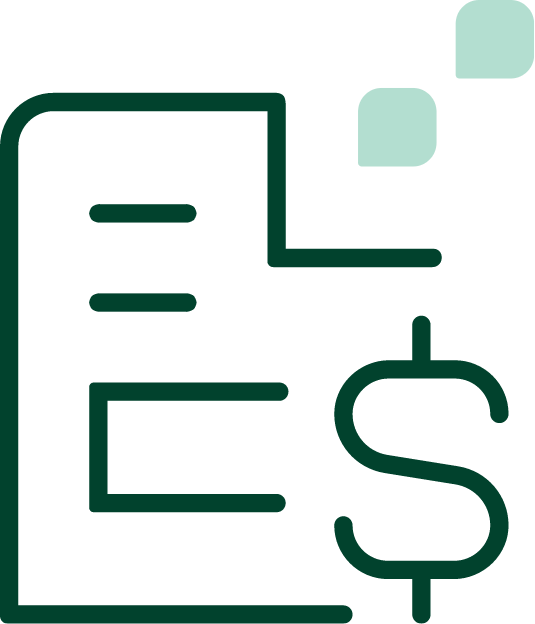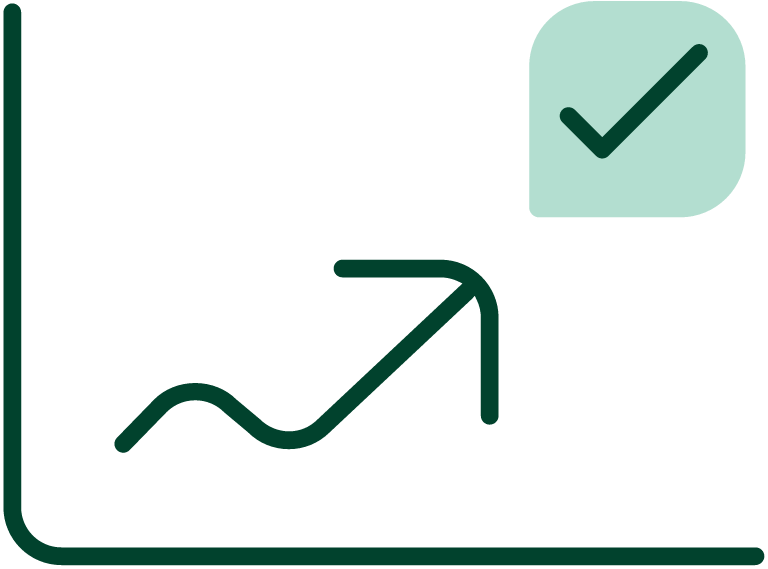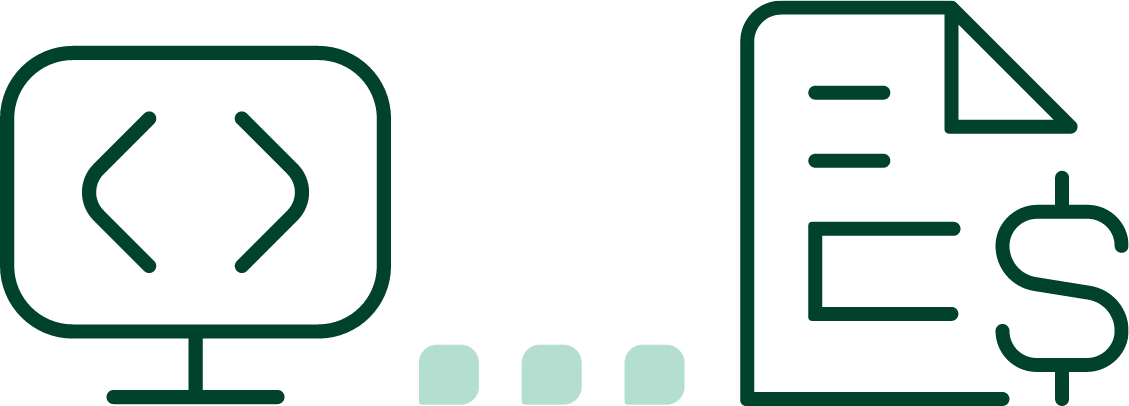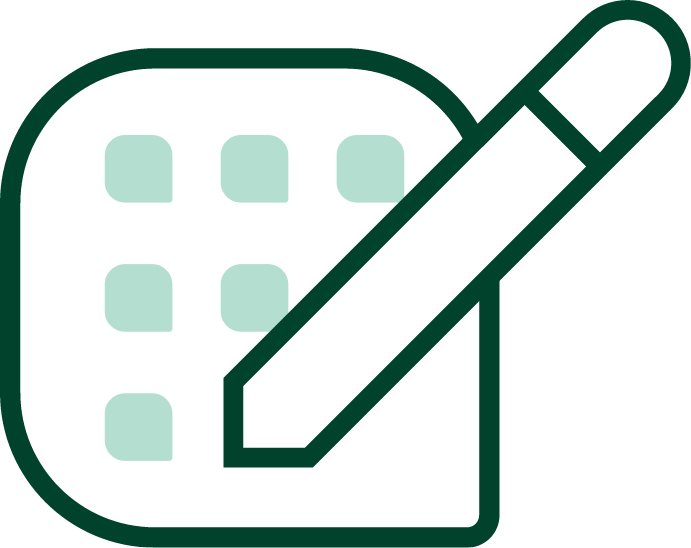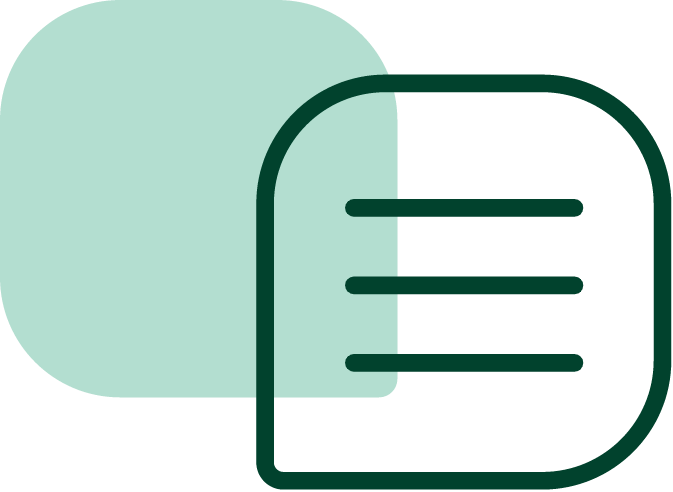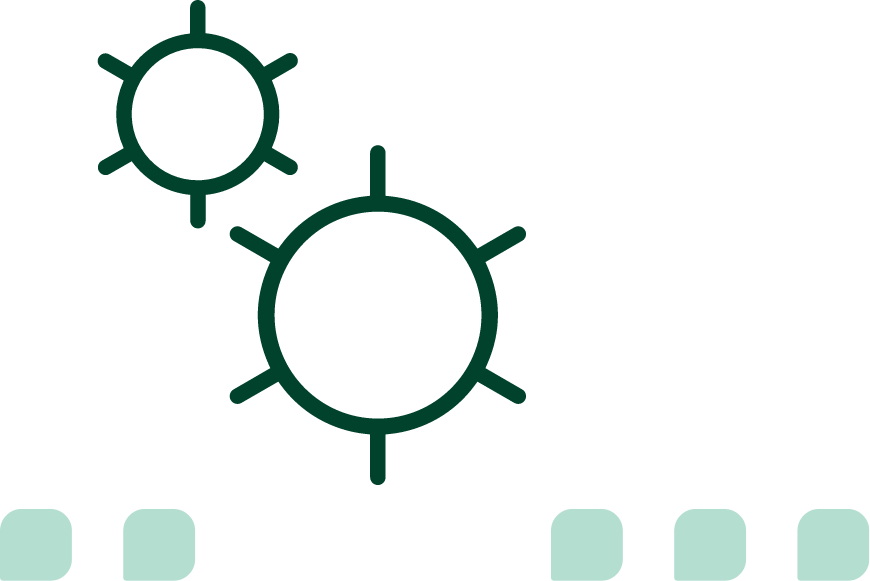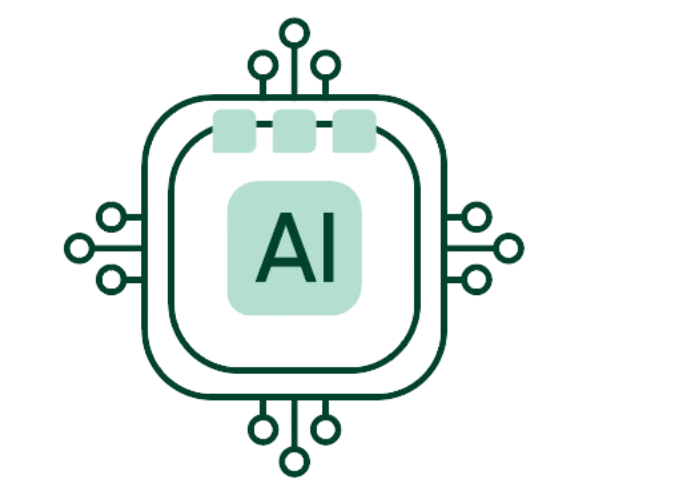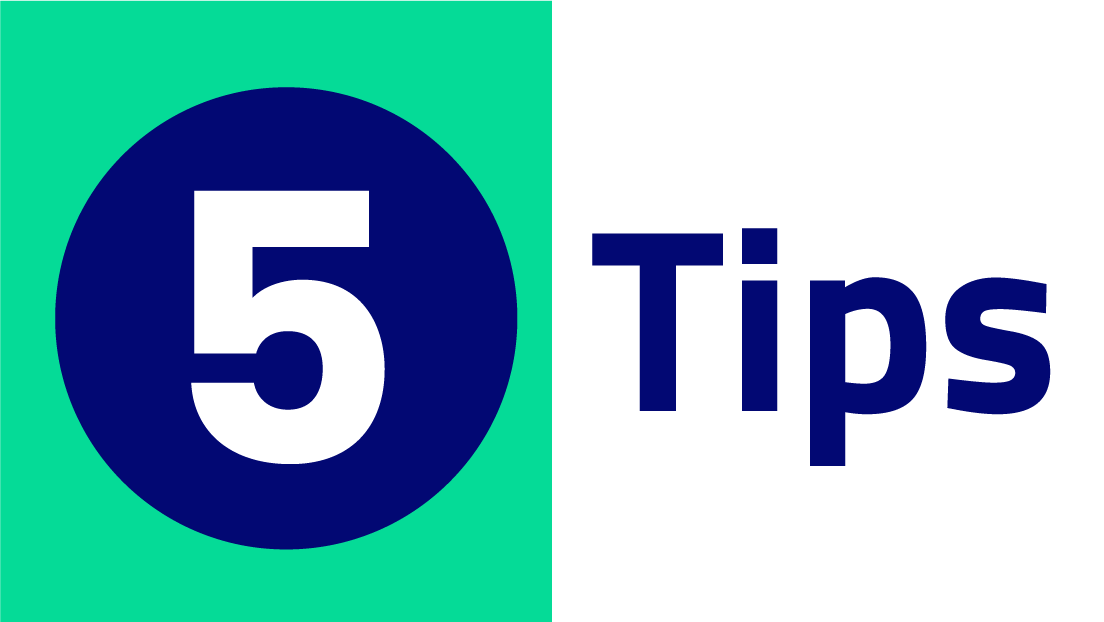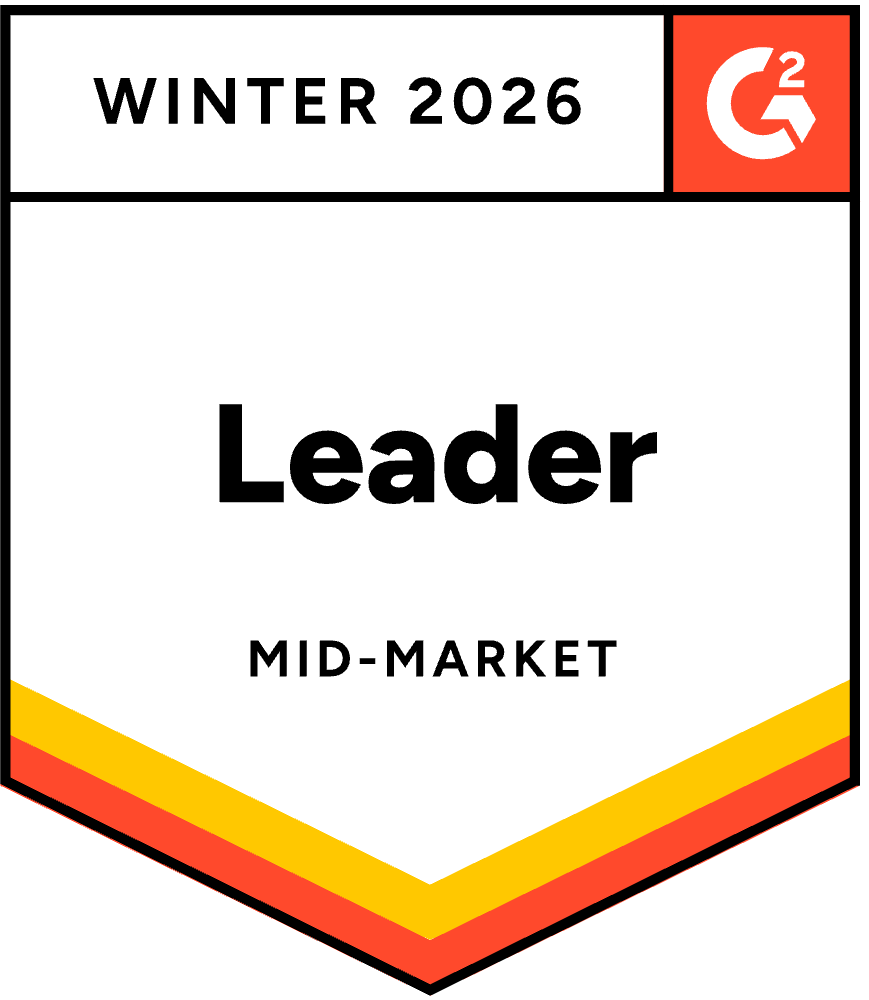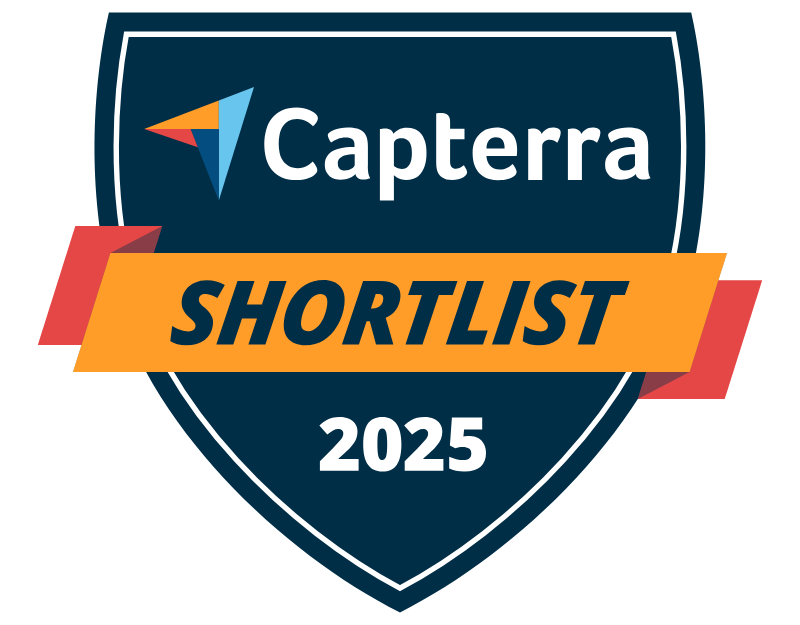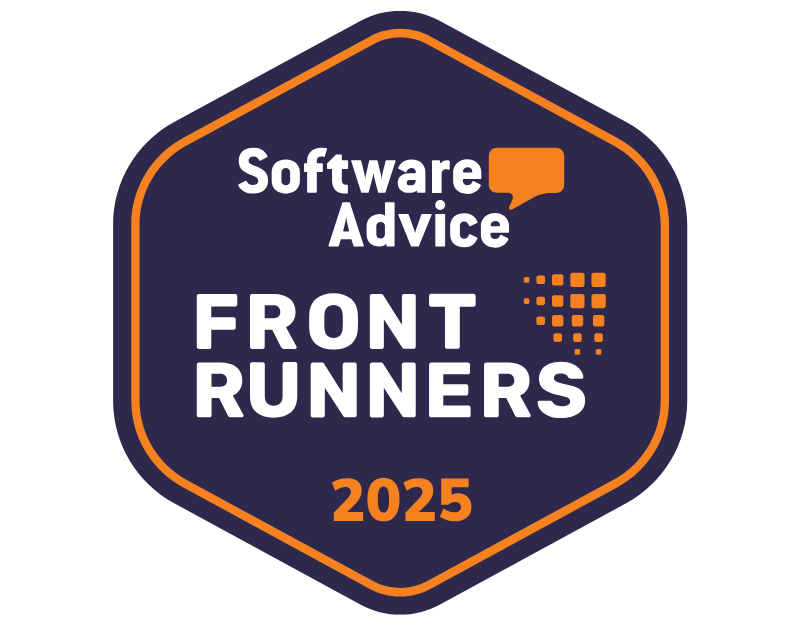A debt collection agency is a company that specializes in collecting overdue or unpaid debts. Businesses often hire DCAs to collect outstanding payments from customers or clients. Note that many different types of debt collection agencies exist. These include accounts receivable collection agencies, enterprise debt collection agencies, and consumer debt collections agencies. Outsourcing collections can save your company time but will also cost you money.
Why Use a Debt Collection Agency
Hiring a collection agency is not a decision any business owner takes lightly. Outsourcing debt also means outsourcing financial information, including customer data. It can also lead to customers claiming that the business harassed them. So, what are some situations that might compel managers to take this route anyway? Consider the following:
- The company has a small accounts receivable team that does not have the resources to pursue debt beyond a certain point.
- The accounts receivable team has exhausted all its resources and does not believe it can take any other reasonable actions that would result in payment.
- The bad debt to sales ratio is high and unsustainable, so it is better to sell the debt than receive nothing at all.
When To Use an Enterprise Debt Collection Agency
Enterprise debt collection agencies are best suited for businesses that have large amounts of debt to collect. These agencies typically have more resources and staff than other types of collection agencies. Additionally, enterprise debt collection agencies often have experience collecting from businesses in your industry.
What To Do Before Hiring an Accounts Receivable Collection Agency
You should do a few things before hiring an accounts receivable collection agency. First, make sure you understand your rights and responsibilities, as well as those of your customers, under the Fair Debt Collection Practices Act (FDCPA). Next, check the Better Business Bureau (BBB) rating for the agency you plan to hire. Finally, get everything in writing before you agree to work with any agency.
What To Expect After Debt Assigned To Collection Agency
After hiring an agency, you need to provide the debtor’s contact information and account details. The agency will then attempt to collect the debt owed through phone calls and letters. If the debtor does not pay, the agency may take legal action.
Passing the debt on to a collection agency allows your team to focus on the debts it has a reasonable chance of collecting. However, dealing with collections agents can sour relationships between you and your customers, so consider whether you want to preserve the relationship.
The Benefits of Hiring a Collections Agency
Despite the potential risks of outsourcing debt collections to an agency, some obvious benefits exist. Consider the following:
- It saves your business time and money in the form of payroll hours.
- Selling the debt immediately boosts cash flow to cover current financial obligations.
- It reduces stress on your A/R team so they can focus on other tasks.
Debt Collection Agency Pricing
Typically, agencies charge a contingency fee, which is a percentage of the debt they collect. Costs can range from 20% to 50%. Some agencies charge additional fees, such as account setup or monthly maintenance fees. Be sure to ask about all costs before you agree to work with an agency. Read the fine print and have your lawyer review the documents before signing.
Your Alternative To Hiring a DCA
Collection agencies often have access to tools and resources that businesses do not, such as skip tracing and credit reporting services, so their chances of recovery are higher. However, companies can leverage automation to prevent default and boost collection efforts. Before you lose up to 50% of the debt owed to an agency, check out our accounts receivable software. Book your free demo with Gaviti today.

